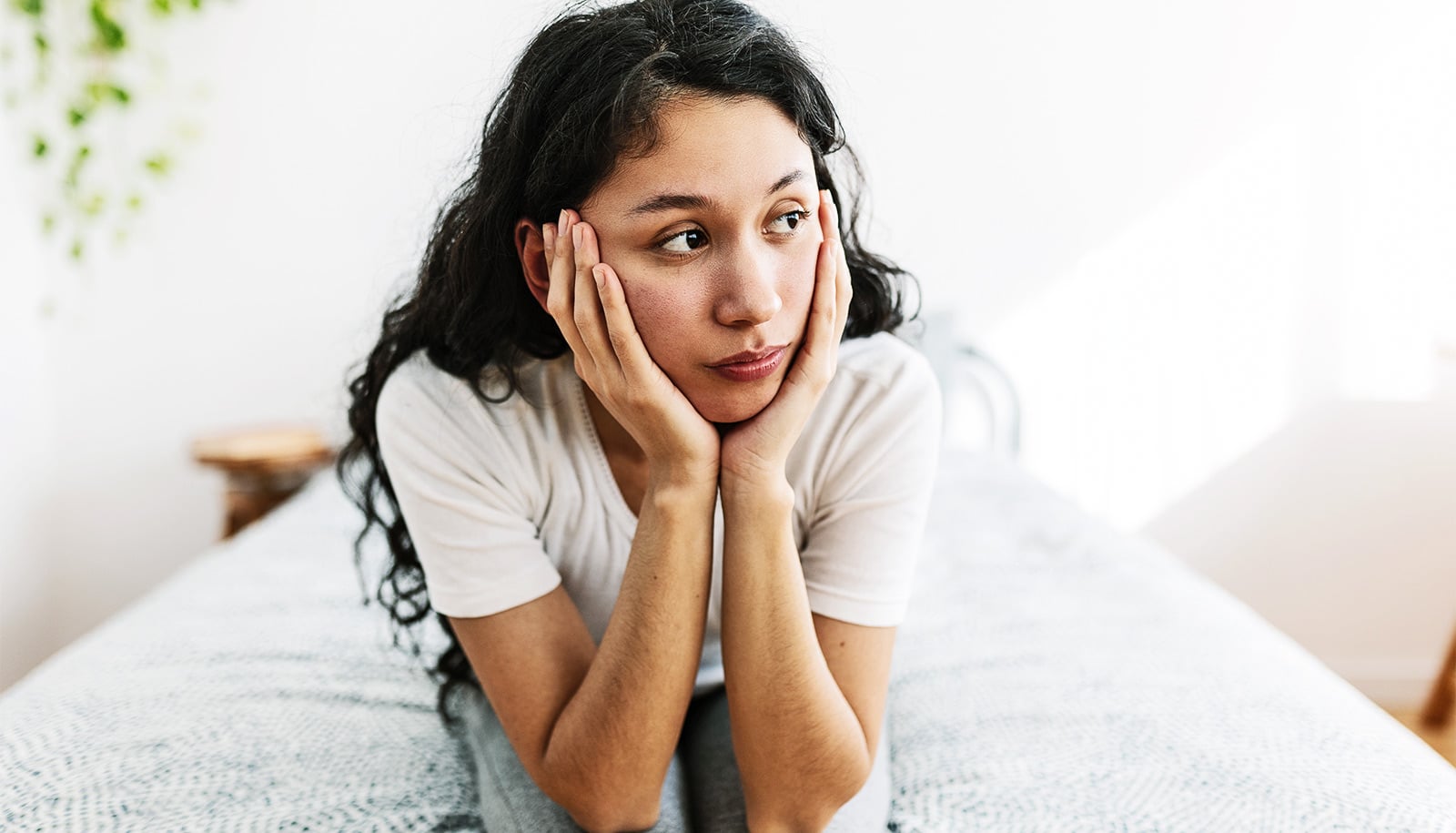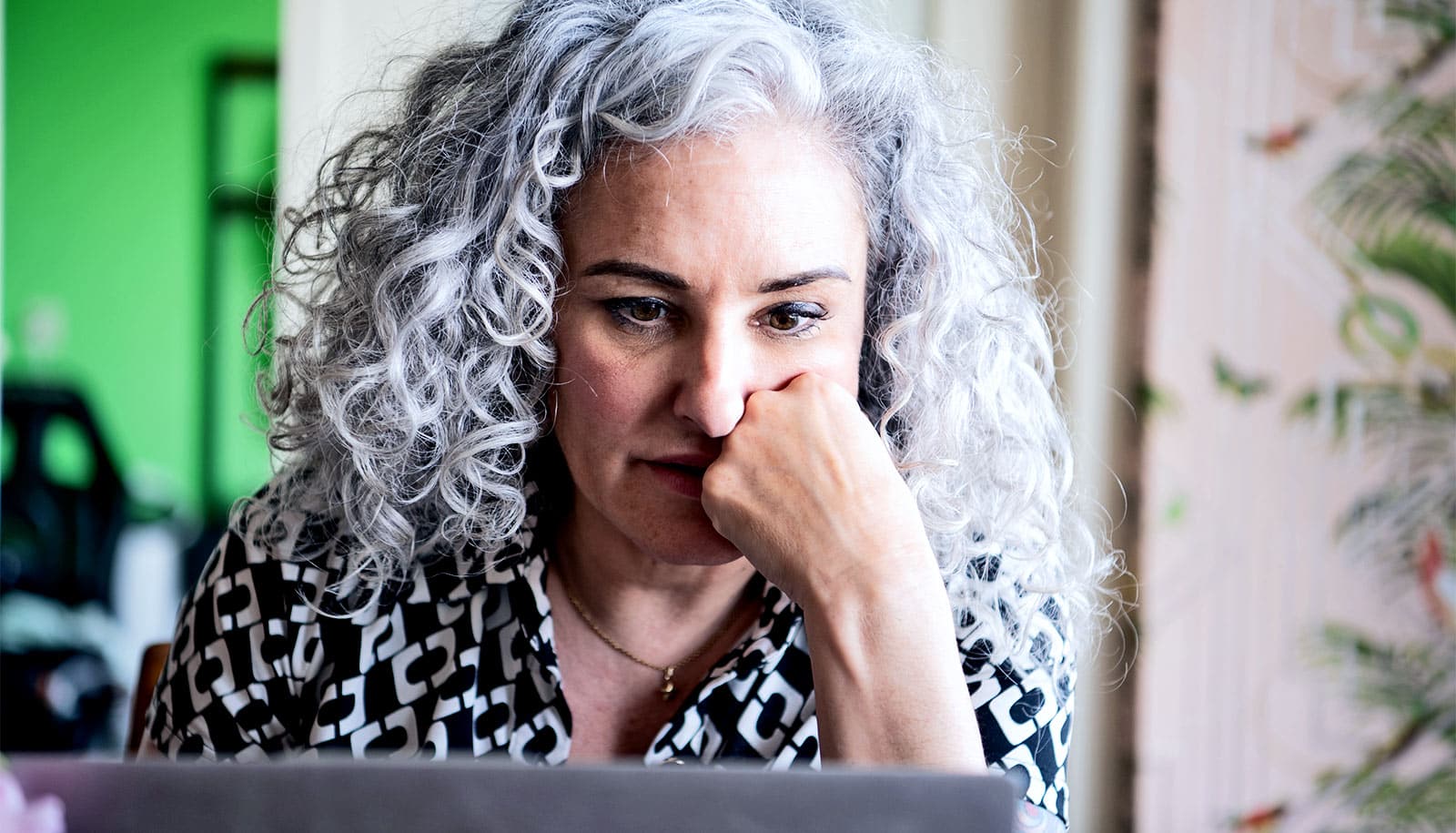How can you cope with election stress and anxiety? An expert has answers for you.
Endless streams of political commercials flooding TV screens. Spirited social media sparring between friends and families over candidates and key issues. Just a couple weeks remain until Election Day, and many people feel stressed.
But you can lower their election anxiety by refocusing your attention on other aspects of your life, says University of Michigan psychology professor David Dunning.
In this video and the Q&A below, Dunning digs into how you can handle election stress:
What causes election anxiety and how much does social media affect it?
People’s political beliefs have become closer to their self-identity than in the past. So, the election isn’t so much about world events as it is about us, what we identify with and whether our values are validated.
Classic signs of anxiety include irritability, fatigue, and rumination about the election.
Social media contributes to this: Viral stories tend to poke at our emotions, particularly negative ones like anger, fear, and contempt. This all stokes anxiety.
How should people handle situations where we know a friend or relative holds an opposing view?
If you’re going to interact with someone who disagrees with you, do not immediately dismiss their opinion. Acknowledge it and be respectful. You often can identify reasons why a person would think in a certain way, and then gently mention that you see it differently. We’re all struggling to reach the right answer—and what the right answer is we may not know it yet.
Do you expect voting apathy to occur among people who can’t cope with stress?
In the long run, people do burn out. That’s a real phenomenon, but there are also ways to deal with stress, such as simply walking away from conversations. It’s good to take breaks to disengage entirely so that you don’t end up being the type of individual who turns away permanently. You don’t want to do that, especially when it comes to civil life and what we’re going to do as a country.
Another idea is not to follow politics for 10 hours a day even though it’s important. Take breaks or participate in fun activities that make you feel proud. Reading something not involving politics is also helpful. In the end, challenges come up and you can’t predict when they’re going to happen. You can’t predict when they’re going to end, but in the long term they all end. Today is real, but it’s only today. Sooner or later, tomorrow is going to be more normal. That’s just the history that generations have seen for a long, long time.
Besides walking away from contentious conversations, are there other ways to manage stress/anxiety?
The main theme: There is more to life than the election. Turn to other aspects of it. Exercise. Socialize with others. Remember your hobbies and interests. Get active: Instead of ruminating over the election, volunteer to work for local or national political candidates.
Post-election will have voters of the losing presidential candidate fearing the United States is doomed for the next four years. What advice would you give them to deal with their stress?
Feelings that the country is doomed by an election is something that people have felt since the beginning of time. Someday, it may be true, but it hasn’t happened yet. American democracy is an ongoing project. The work goes on whatever the outcome of the upcoming election. Being active in democracy and campaigns is a long tradition, as is being active in other social and community groups. Finding ways to work with other people is one good way to dispel the doom.
Source: University of Michigan



